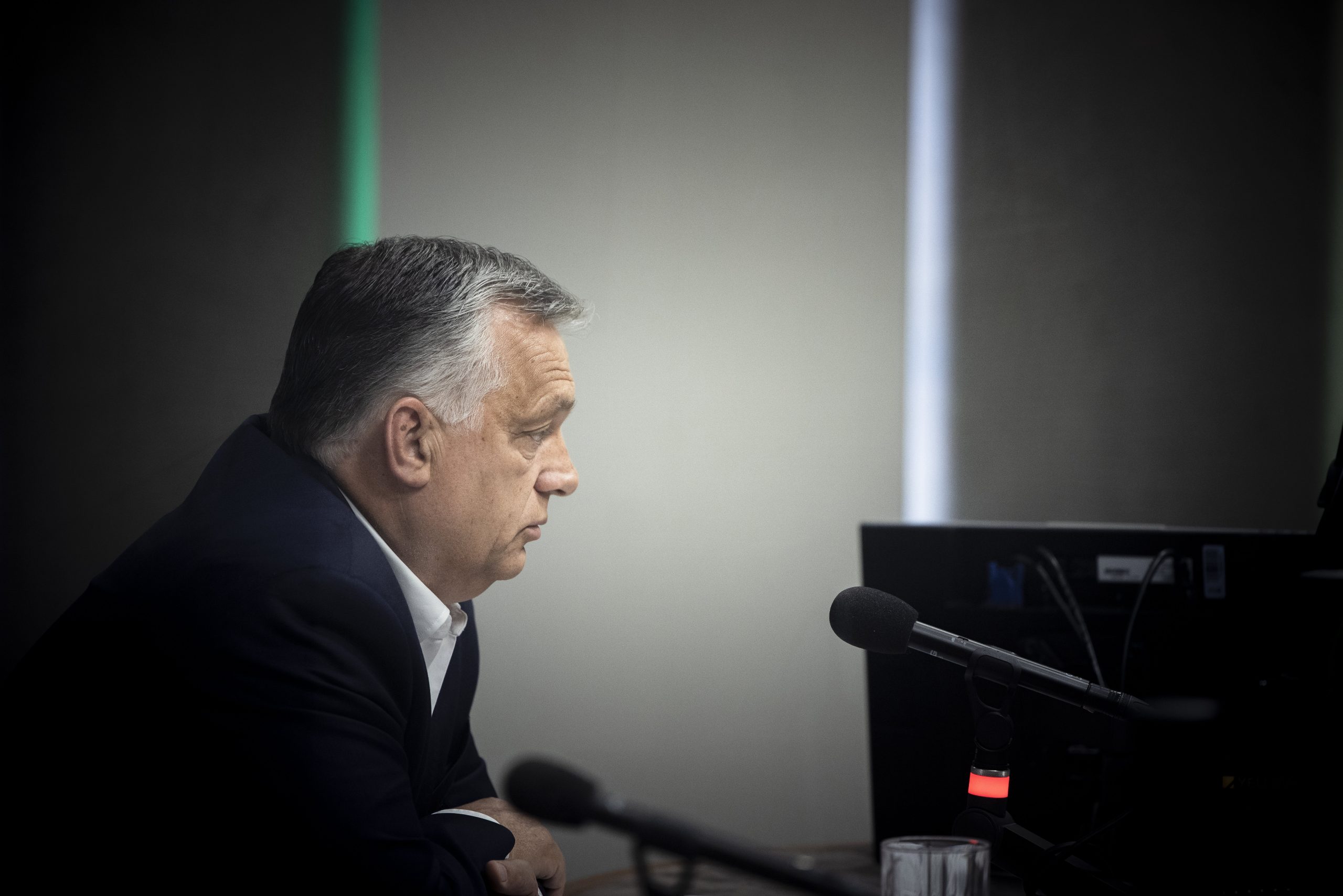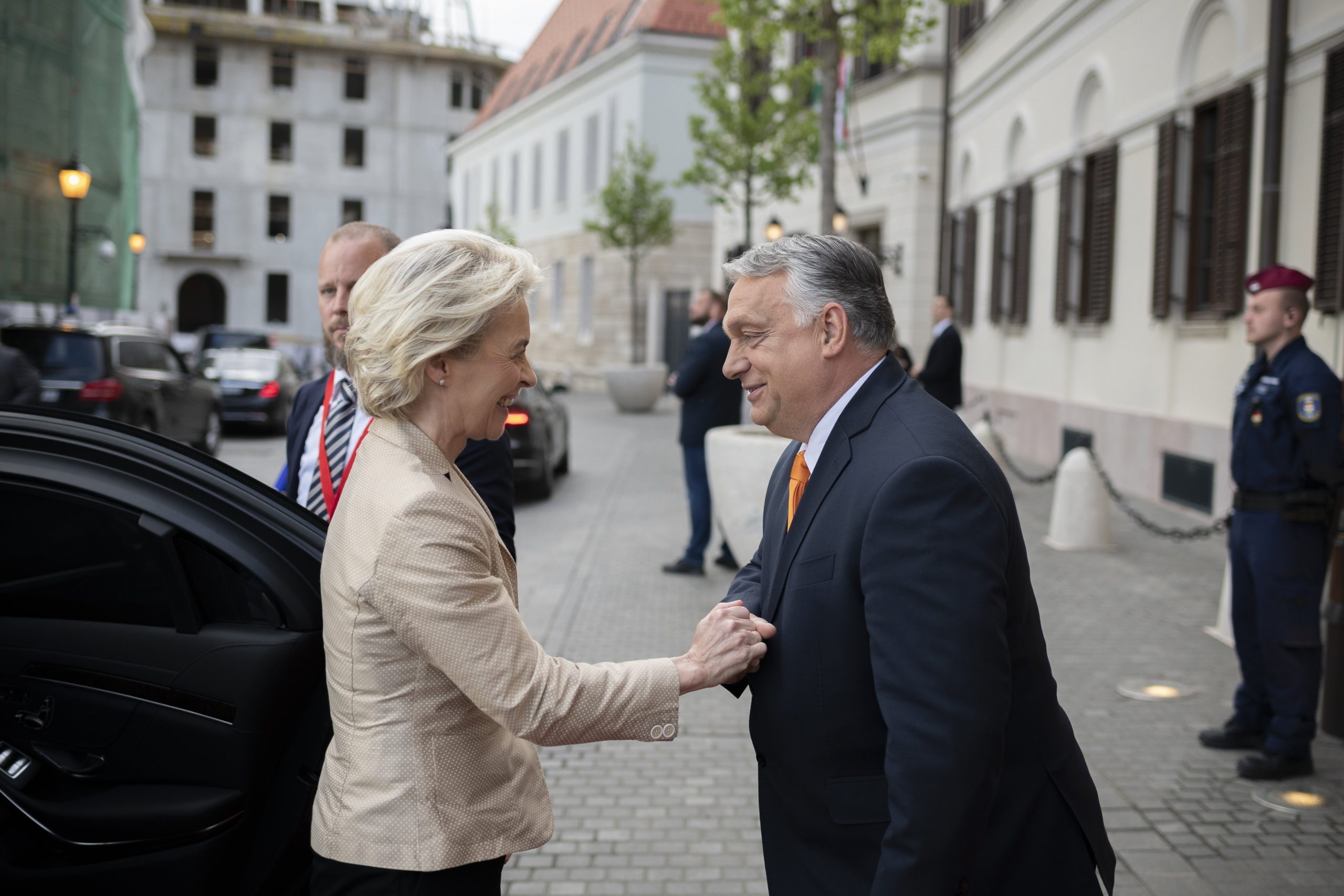
Replacing Russian oil imports would take years and cost several hundreds of millions of forints, while changes to Hungary's energy transmission system would cost thousands of billions of forints, the prime minister said.Continue reading

Officials of the European Union may offer Hungary financial compensation in return for supporting the EU’s sixth sanctions package, named REPowerEU, against Russian oil imports, according to Politico. The Hungarian government has been unwilling to support reductions of its heavy reliance on Russian oil and natural gas, but the European Commission is committed to closing a deal and having the sanctions brought into effect by next week.
Politico reported, based off the statement of three EU officials, that the money sent to Hungary would be part of the EU’s new energy strategy of finding alternatives to Russian fuel. The EU openly opposes Russia’s war against Ukraine, as does the Hungarian government, but the bloc has continued funding Putin with its need for oil imports.
The oil sanctions, proposed on May 4, have been described by Prime Minister Viktor Orbán as the equivalent of dropping a “nuclear bomb” on Hungary’s economy.
Talks between the Commission and Orbán’s administration have thus far been unsuccessful, even as plans include an extension for Hungary and Slovakia to end their oil imports from Russia by the end of 2024 (the prior date was 2023), rather than the end of 2022. REPowerEU also aims to phase out reliance on Russian fossil fuels before 2030.
One EU official described time and money as “communicating vessels,” and told Politico that “The more we can help Hungary with REPowerEU, the faster they can move away from Russian oil.”
Other heads of state in the EU are committed to the plan, and French President Emmanuel Macron recently spoke to Orbán over the phone hoping to “finalize in a spirit of solidarity the guarantees which are necessary for oil supply conditions,” according to a French official.
Finland is another EU Member State with a reliance on Russian energy similar to that of Hungary, importing 80 percent of its crude oil and roughly one third of its natural gas from Russia. The Northern European country’s Prime Minister, Sanna Marin, stated at the EU summit in Paris that Finland is cautious about combined efforts on energy sanctions, favoring individual transitions from oil dependence, but recognizes that the change is necessary.
It is a very difficult situation that we have these very tough economic sanctions on the one hand, and on the other hand we are financing the Russian war by buying oil, natural gas and other fossil fuels from Russia.”
If the leaders of the EU are unable to find consensus on the sanctions package, it will be up to foreign ministers to discuss it when they meet on Monday, High Representative for Foreign Affairs and Security Policy Josep Borrell said.
Prime Minister Orbán has said that the EU’s proposed sanctions on Russian oil “measures up with an atom bomb dropped on the Hungarian economy.” If Hungary accepts the proposal, it would mean the end of the government’s promised utility price cuts, he stated in his most recent interview on Kossuth Rádió.
Botond Feledy, a foreign affairs expert, told Telex that the Hungarian stance can be encapsulated as Orbán’s determination to “get some more out of the system.”
The government has not yet made it clear where it stands on a 2024 time limit for ending its Russian oil imports, but other Member States, such as Bulgaria (which was previously heavily reliant on Russian oil), have already began requiring extensions as well, if they are being offered to other Member States.
Minister of Foreign Affairs and Trade Péter Szijjártó has stated that Hungary can only realistically support the oil embargo if it exempts transports through pipelines. An oil embargo, he said, would result in 55-60 percent price increases in fuel, and would be noticeable in all other products.
Featured photo illustration by Vivien Cher Benko/MTI/Prime Minister’s Press Office